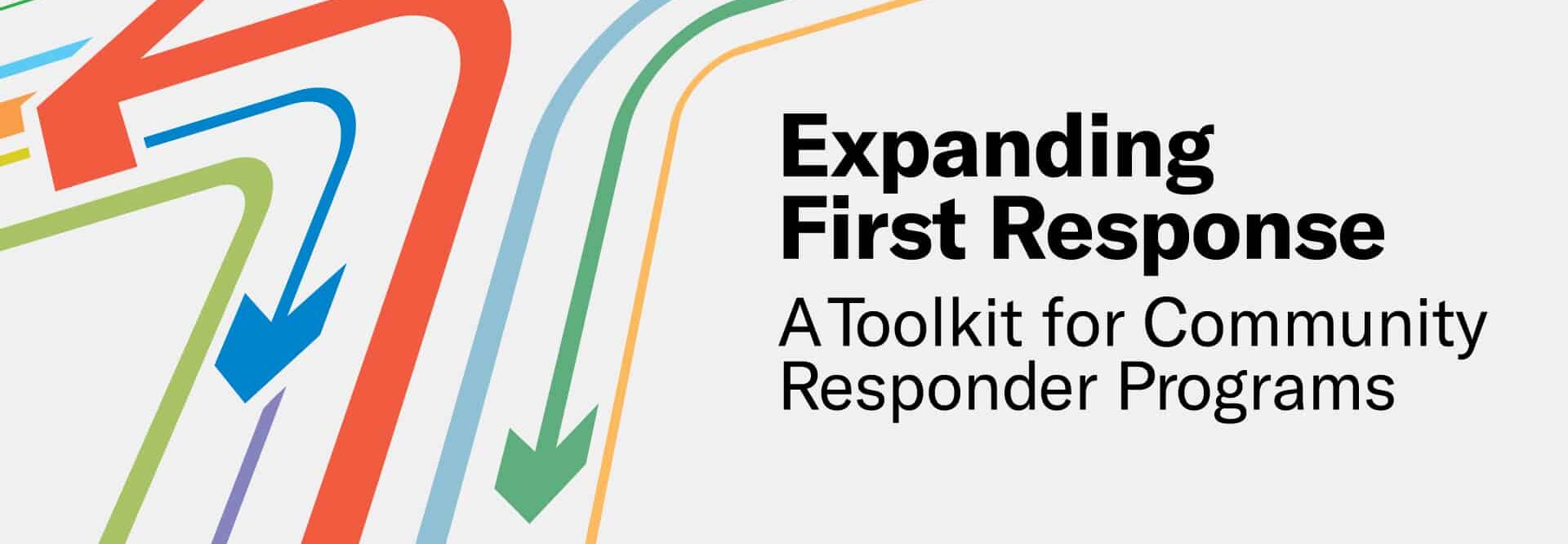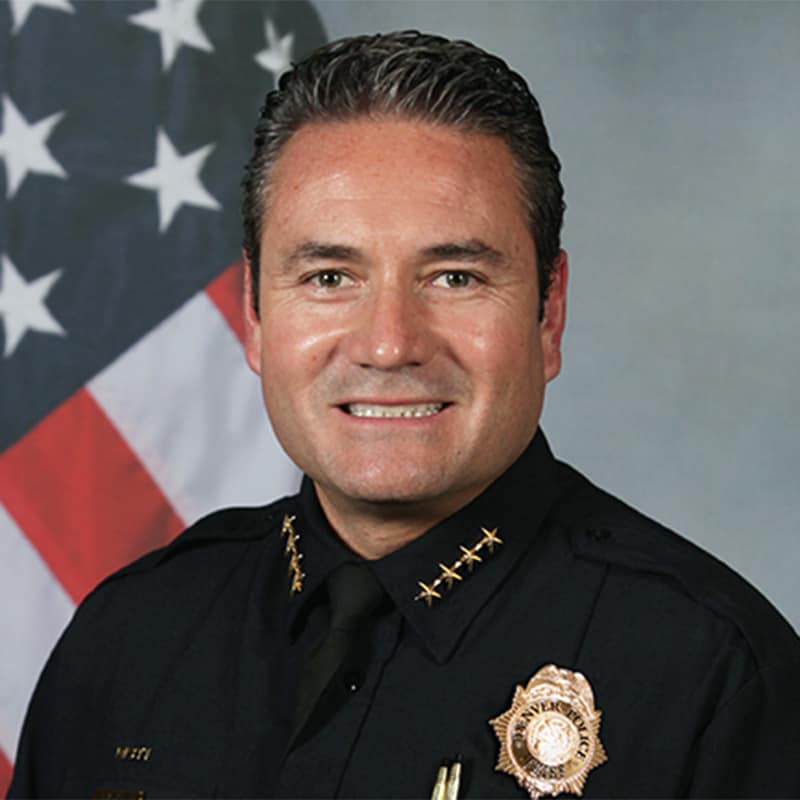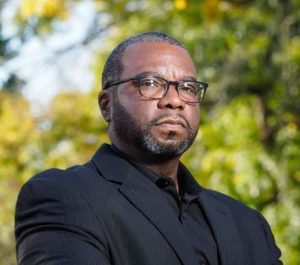
The Issue
For decades, Americans have called 911 when they are experiencing an emergency or need assistance. While this can be an effective and convenient way to deploy first responders—whether from police, fire, or emergency medical services (EMS)—community advocates and traditional first responders have long argued that many situations could be better handled by health and social service professionals.
The Response
Since 2020, especially following the murder of George Floyd, communities across the country have been reimagining their approach to public safety by investing in programs that position health and crisis response professionals and community members trained in crisis response as first responders. While the term “community responder program” is relatively new, the concept of expanding first response is not. Now, communities are increasingly including professionals trained in behavioral health de-escalation, assessment, and response into their 911 and emergency systems.

I truly see this as part of the future, as part of helping people, meeting them where they are and connecting them to the right service—often without having to have any intersect with the criminal justice system or law enforcement.
Former Chief Paul Pazen, Denver Police Department
What Is a Community Responder Program?
To clarify the scope and intent of these emerging programs, the CSG Justice Center’s Expanding First Response Commission established the following definition: “Community responder programs offer an additional option for first response. Composed of multidisciplinary professionals trained to address behavioral health and quality-of-life concerns, community responder programs provide a person-centered response to 911 and other emergency calls for service. Integrating community responder programs into first response systems ensures that all calls for service can receive the most appropriate response.” Learn more about how this definition was developed.
How to Use This Toolkit
Want to establish or strengthen a program in your state?
- Watch the video below to get started
- Click a topic below or here for implementation tips, field-based examples, and practical strategies
- Assess your community’s stage of program development and get customized resources
- See how places across the country are implementing community responder programs
Dr. Ayesha Delany-Brumsey, former director of the CSG Justice Center Behavioral Health Division, defines community responder programs, discusses why communities are building these programs, and provides tips for using the Expanding First Response Toolkit. This video is in English.
Explore the Topics

For us it was really important to hear what the community was saying, to put faces, names, and lived experience behind the numbers. That created an outcry from the community from which people were overwhelmingly saying there should be something different.
Reverend Dr. Charles Franklin Boyer, Salvation and Social Justice



















